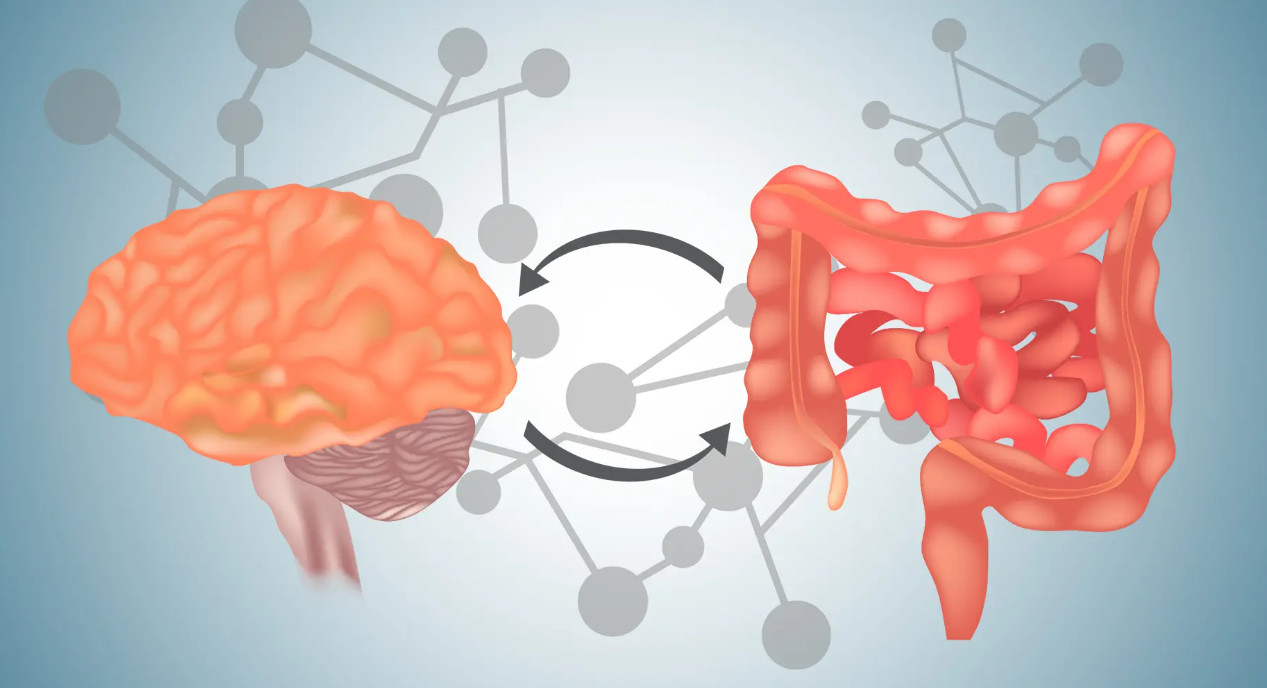The Brain-Gut Connection: How Your Second Brain Influences Your Thoughts

You might have heard the saying "trust your gut." Well, it turns out there's more to it than just a catchy phrase. Imagine this: your gut, often referred to as your second brain, plays a crucial role in how your mind functions. Yes, you read that right. Your belly has a direct line to your brain, and this brain-gut connection can have a significant impact on your thoughts, mood, and overall well-being. Let's dive into the fascinating world of this gut-brain axis and how it affects you.
The Second Brain in Your Belly: Most of us think of the brain as the commander-in-chief, sitting comfortably atop our neck. But did you know that your gut is equipped with its own intricate network of neurons? This network, known as the enteric nervous system, operates independently yet communicates with the big boss upstairs. Think of it as a sidekick with a direct hotline to the main office.
How Your Gut Talks to Your Brain: Okay, so your gut has neurons, but how does it talk to your brain? Well, it's all about chemicals and messaging. Your gut produces an impressive amount of neurotransmitters, the same chemicals that your brain uses to transmit signals. One of these neurotransmitters, serotonin (a.k.a. the happiness molecule), is primarily produced in your intestines. This means that what happens in your gut doesn't stay in your gut – it sends messages to your brain that can influence your mood, emotions, and even decision-making.
Influence on Mood and Mental Health: Ever had a "gut feeling"? It's more than just a hunch. The connection between your gut and your brain goes both ways. While your brain can affect your gut (hello, stress-induced stomachache), your gut also has the power to impact your brain. Research suggests that an imbalance of gut bacteria might be linked to mental health issues like anxiety and depression. Taking care of your gut health might just be a key player in maintaining a healthy mind.
Food for Thought - Literally: Now, here comes the delicious part – your diet. What you eat has a significant impact on your gut flora, which in turn affects your brain. A diet rich in fiber, prebiotics, and probiotics can nurture the good bacteria in your gut. These friendly microbes can produce compounds that benefit your brain, helping to reduce inflammation and improve cognitive function. So, the next time you're deciding between a salad and fast food, remember that your choice doesn't just affect your waistline; it might also influence your mental clarity.
The Gut-Brain Axis and Stress: Feeling stressed? Your gut might know why. The gut-brain axis is particularly sensitive to stress. When you're under pressure, your gut might react with discomfort or unease. This is because stress triggers the release of hormones that affect your gut function. On the flip side, a happy gut can actually help you manage stress better. So, a holistic approach to health that considers both your brain and gut might just be the ultimate stress-buster.
The brain-gut connection is a dynamic and intricate relationship that shouldn't be underestimated. Your gut has more influence over your brain than you might have ever imagined. From mood to digestion, from stress to decision-making, the conversation between these two "brains" is ongoing and powerful. So, next time you feel a flutter in your stomach or a sudden shift in your mood, remember that it might not be all in your head – it could be coming from your second brain down below.



